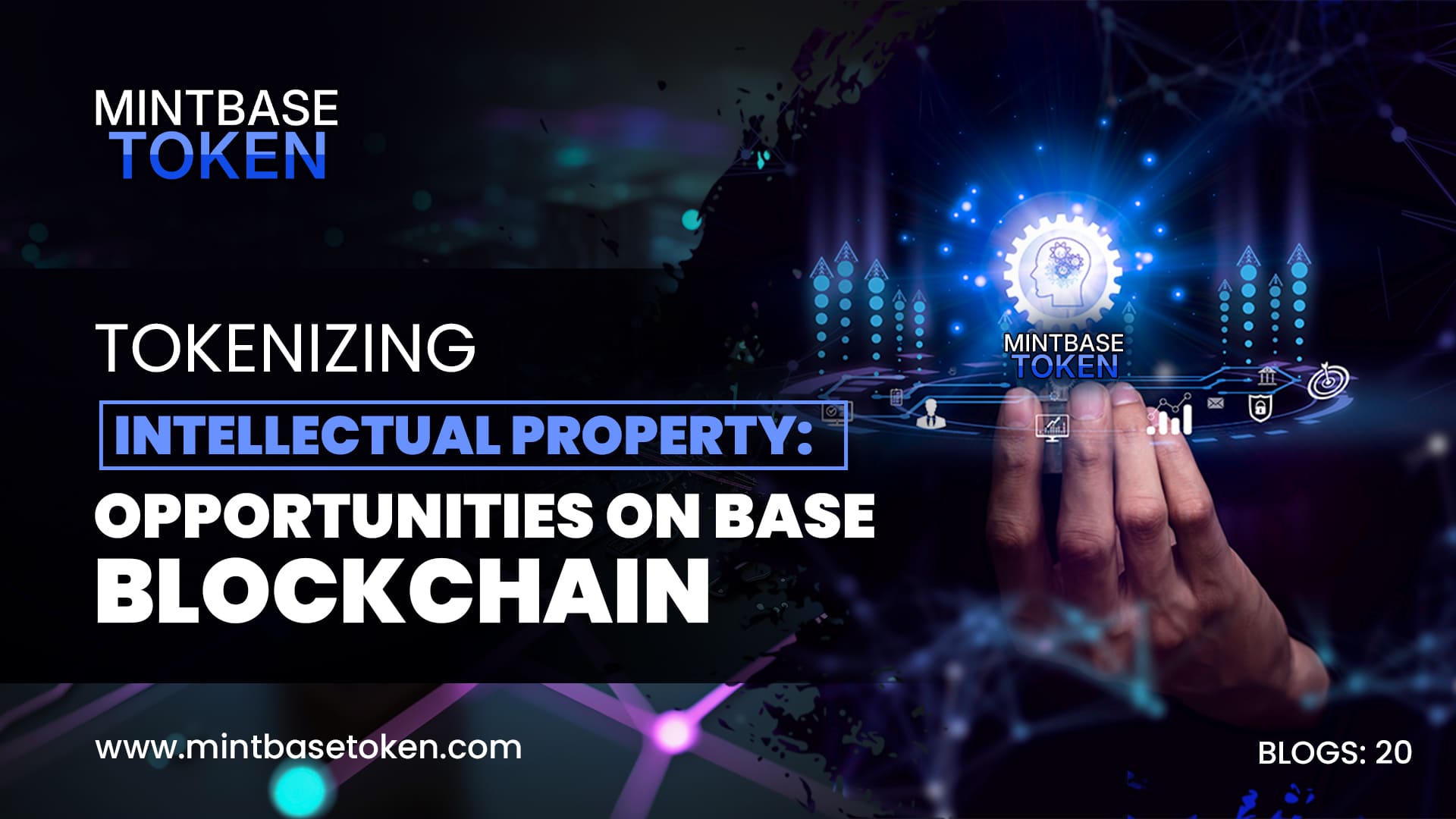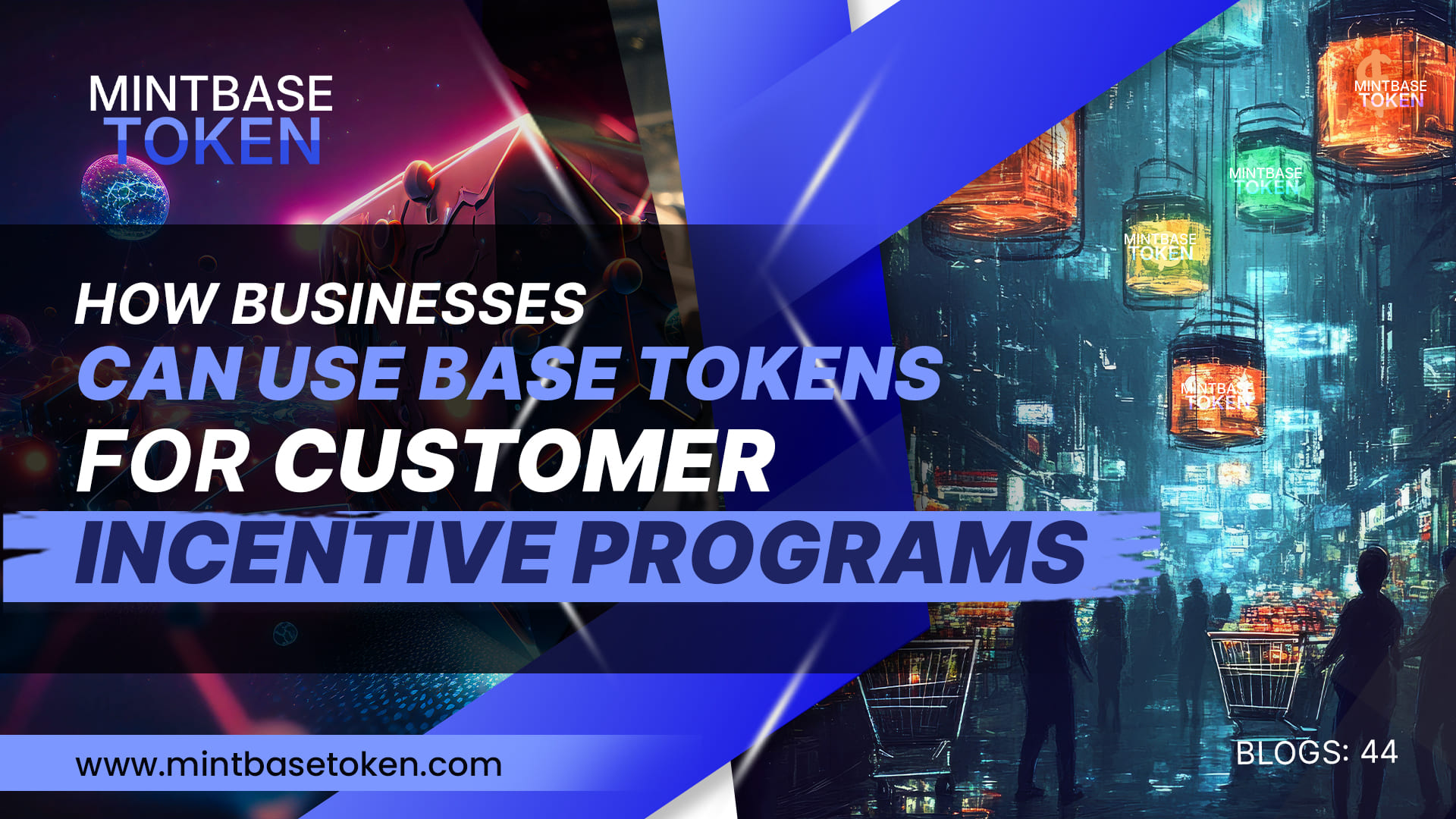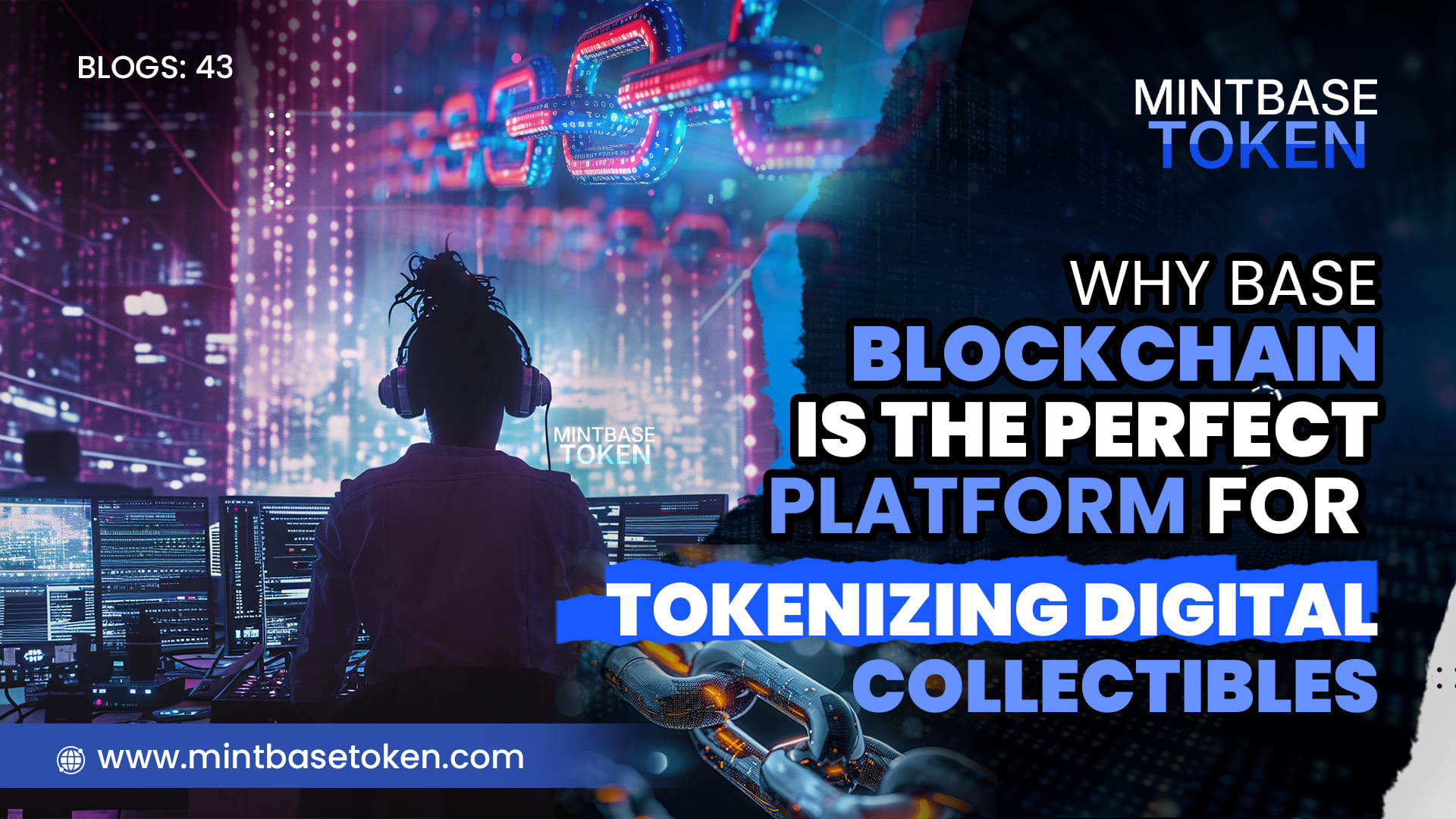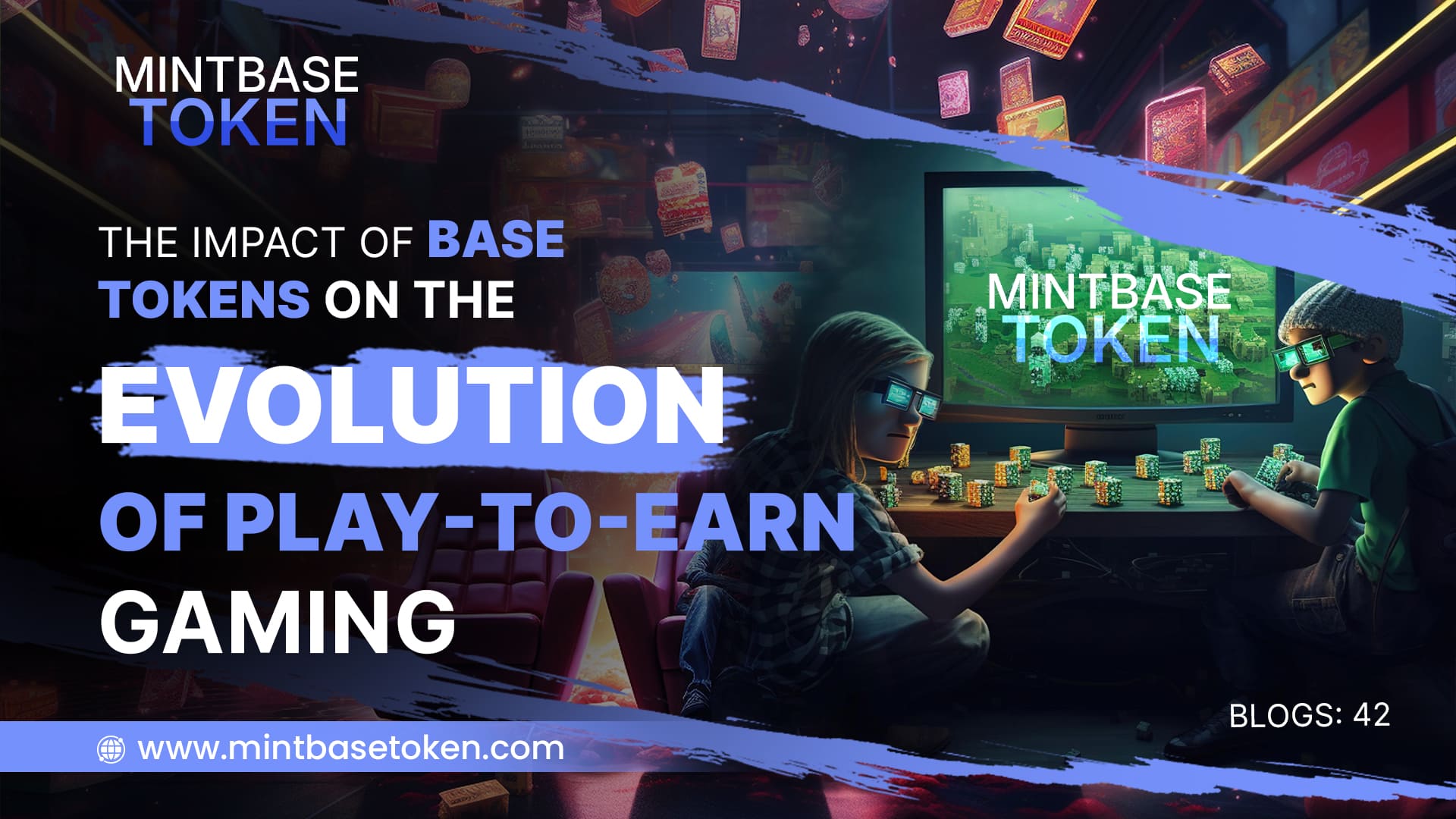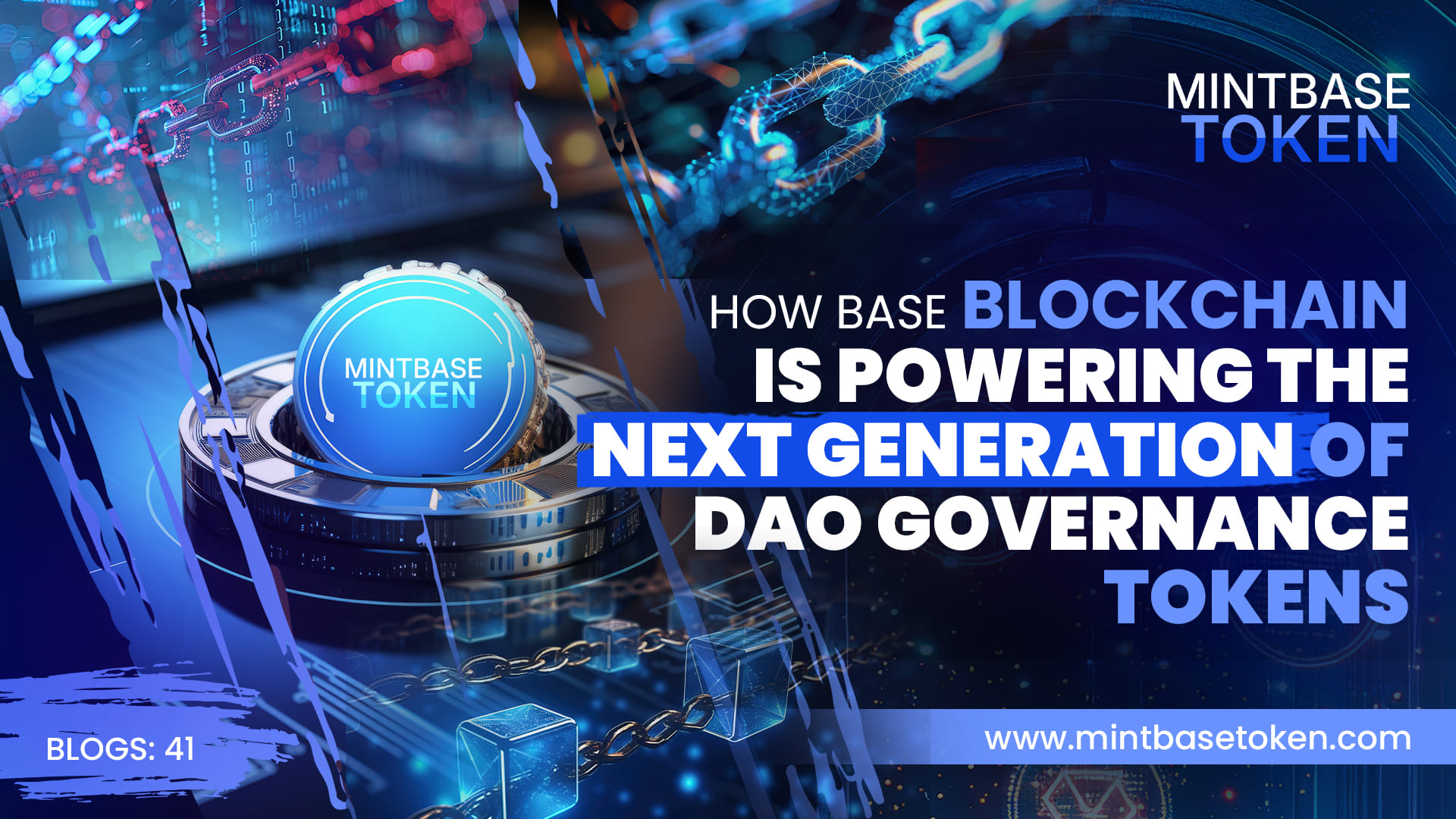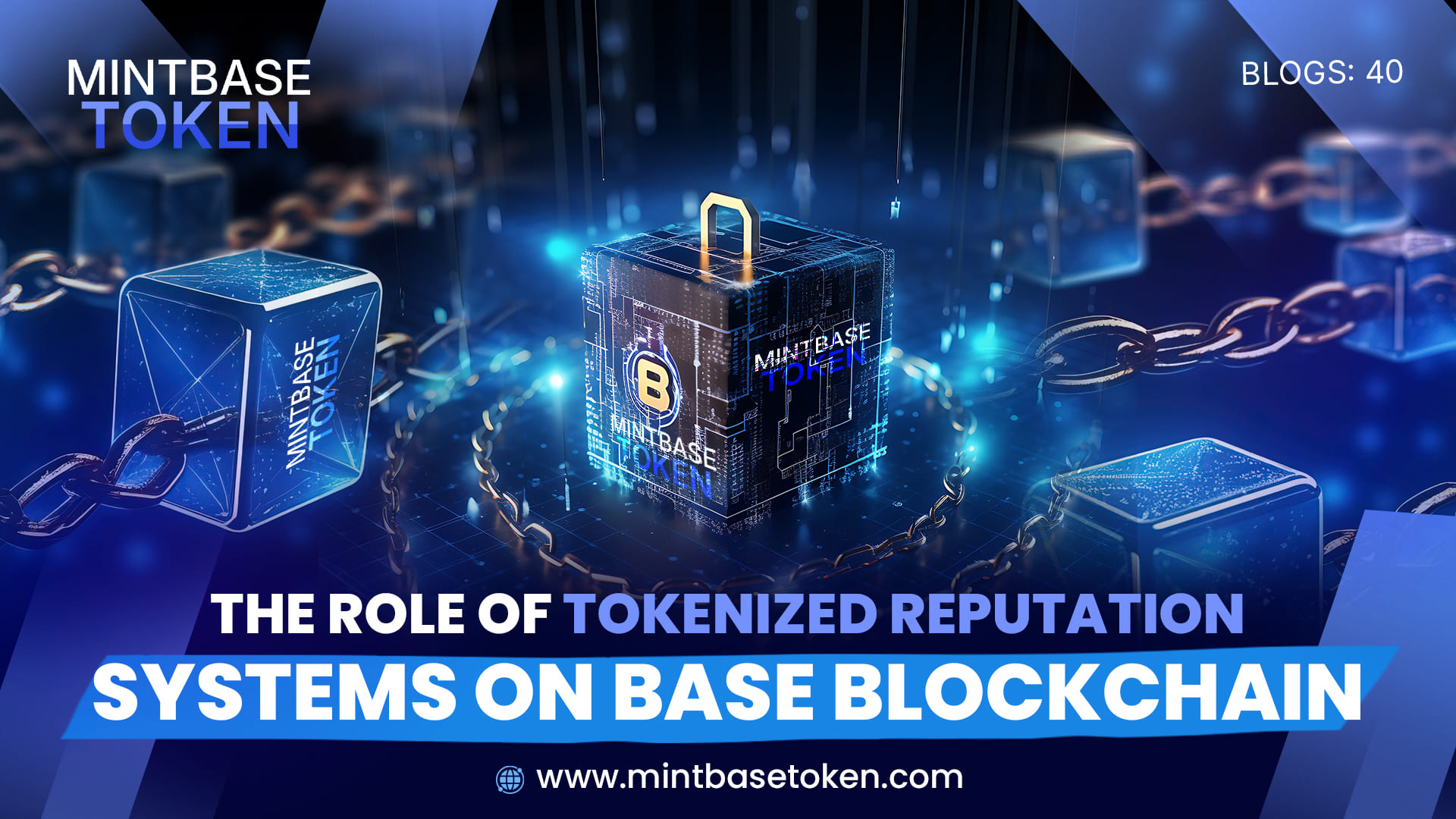December 13, 2024
Tokenizing Intellectual Property: Opportunities on Base Blockchain
The tokenization of intellectual property (IP) is revolutionizing the way creators, artists, and innovators monetize and protect their work. Base Blockchain offers a cutting-edge platform for tokenizing IP, enabling creators to leverage blockchain technology for transparency, security, and scalability. This article explores the opportunities tokenizing intellectual property on Base Blockchain presents.
1. What is IP Tokenization?
Tokenization of intellectual property involves representing ownership or rights to a piece of intellectual property as digital tokens on a blockchain. These tokens can be fractionalized, traded, and managed seamlessly, providing a new avenue for creators to capitalize on their work.
2. Why Choose Base for IP Tokenization?
Base Blockchain’s low-cost, energy-efficient infrastructure makes it an ideal choice for tokenizing intellectual property. Its scalability and support for innovative token standards simplify the process of representing complex IP rights on the blockchain.
Benefits of Using Base for IP Tokenization:
- Low Transaction Fees: Enables cost-effective token creation and transfers.
- Scalability: Handles high transaction volumes without network congestion.
- Eco-Friendly: Operates on a sustainable proof-of-stake consensus model.
3. Opportunities in IP Tokenization
a. Fractional Ownership
Tokenizing IP allows creators to sell fractional ownership of their work. This is particularly useful for high-value assets like patents, trademarks, and creative works, enabling broader investor participation.
b. Licensing and Royalties
Smart contracts on Base Blockchain can automate licensing agreements and royalty payments, ensuring creators are compensated fairly and promptly. This transparency builds trust between creators and licensees.
c. Crowdfunding Creative Projects
Tokenized IP can be used to raise funds for creative or innovative projects. By offering tokens representing future royalties or ownership stakes, creators can attract backers who believe in their vision.
d. Secondary Market Opportunities
Tokenizing IP creates a vibrant secondary market where tokens representing IP rights can be traded. This provides liquidity to creators and investors alike.
4. Industries Benefiting from IP Tokenization on Base
- Music: Musicians can tokenize songs and albums, allowing fans to invest in their work and share in royalties.
- Art: Artists can tokenize their creations, ensuring provenance and enabling fractional ownership.
- Patents: Innovators can tokenize patents, facilitating funding and licensing opportunities.
- Publishing: Writers can tokenize manuscripts, securing funding while retaining creative control.
5. Challenges and Solutions
While IP tokenization offers immense opportunities, it also presents challenges such as regulatory compliance and IP protection. Base Blockchain addresses these challenges through:
- Smart Contracts: Automating compliance processes.
- Immutable Records: Providing a secure and transparent ledger for IP ownership and transactions.
- Community Governance: Enabling decentralized decision-making to resolve disputes.
Conclusion
Tokenizing intellectual property on Base Blockchain unlocks new revenue streams and enhances the accessibility of IP assets. By leveraging Base’s eco-friendly and scalable infrastructure, creators can secure their rights, attract investors, and tap into a global market for their intellectual property.
